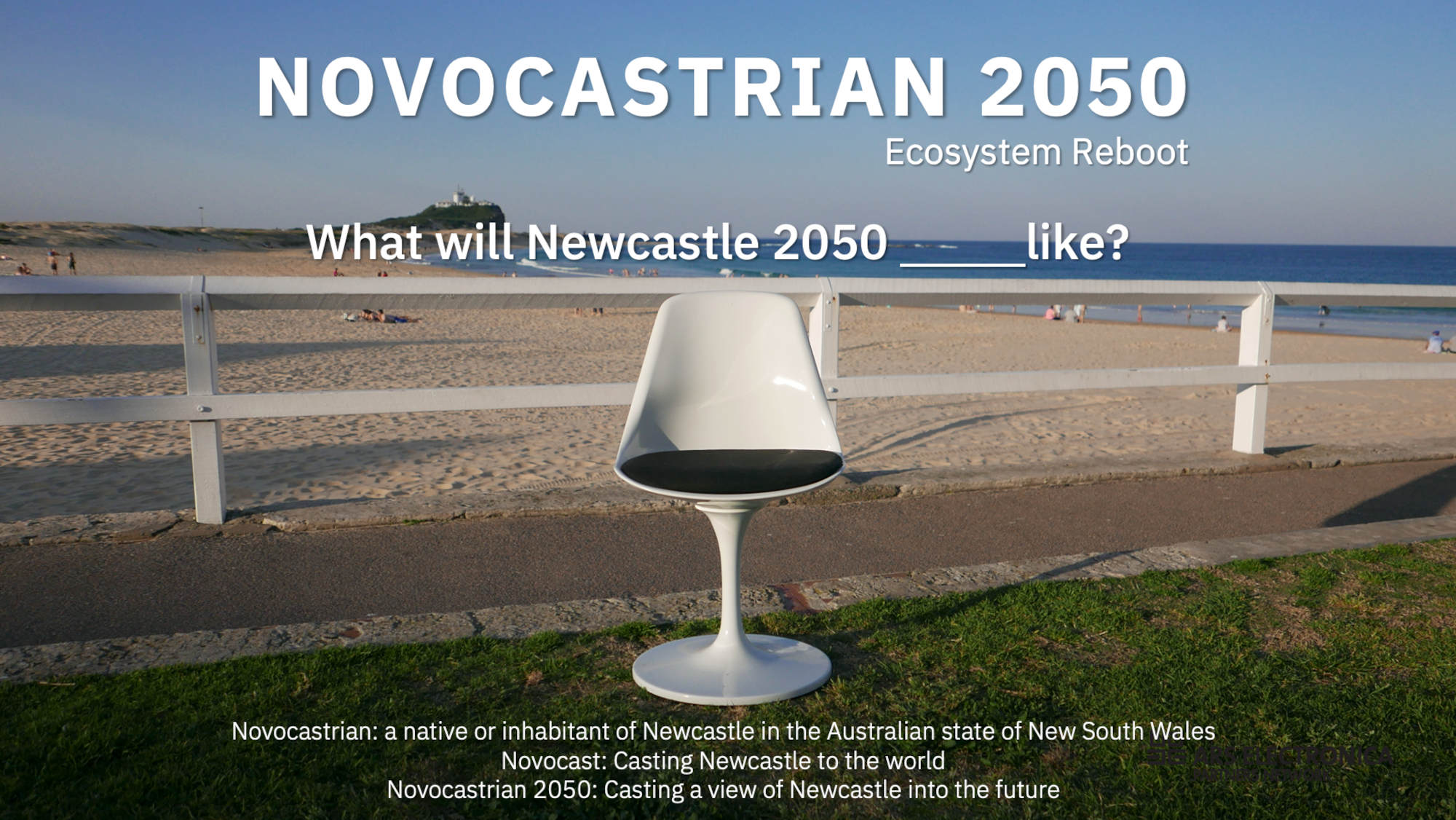What perspectives and approaches can indigenous knowledge offer the planet as we move toward the future?
The first CQC session kicks off with important indigenous perspectives on ecology past, present and future. Traditional knowledge and stories are not locked in the past, but have the power to inform present and future ways of living. How can we respectfully draw upon indigenous perspectives, without falling back into the lens of colonisation? What are the conversations already taking place between indigenous peoples and scientific points of view, and how is a new culture of collaboration based on empathy and respect being developed? Are we doing enough to bridge the gap using technology as an artistic medium? What are the inherent challenges for both bodies of knowledge from this collaboration? What role can art play, to communicate indigenous knowledge without compromising indigenous peoples’ right to self-determination?
Video
Project Credits / Acknowledgements
CQC Participants: Daryn McKenny (AU) and Rewa Wright (NZ)
CQC Visualiser: Rully Zakaria (AU)
CQC Catalyst (Moderator): Matt McFarlane (AU)
CQC Newcastle Producer: Kristefan Minski (AU)
TV Studio Director: Neale Davy (AU)
TV Studio Crew: Lachlan Mayfield (AU), Cassandra Thomson (AU), Leah Paterson (AU), Elyh Tarran (AU), Jack Dalton (AU), Sam Baker (AU)
Creative Industries Advisor: Bernadette Drabsch (AU)
Scientific Advisor: Alex Callen (AU)
Special Thanks for technical support: Chris Wedlock (AU)
CQC Newcastle project was made possible by the University of Newcastle Faculty of Education and Arts Strategic Networks and Pilot Projects Scheme (SNaPPS) funding. Research Team: A/Pro Craig Hight, Dr Bernadette Drabsch, Dr Simone O’Callaghan, A/Pro Matthew Hayward, Dr Andrea Griffin, Dr Kaya Klop-Toker, Dr Alexandra Callen


